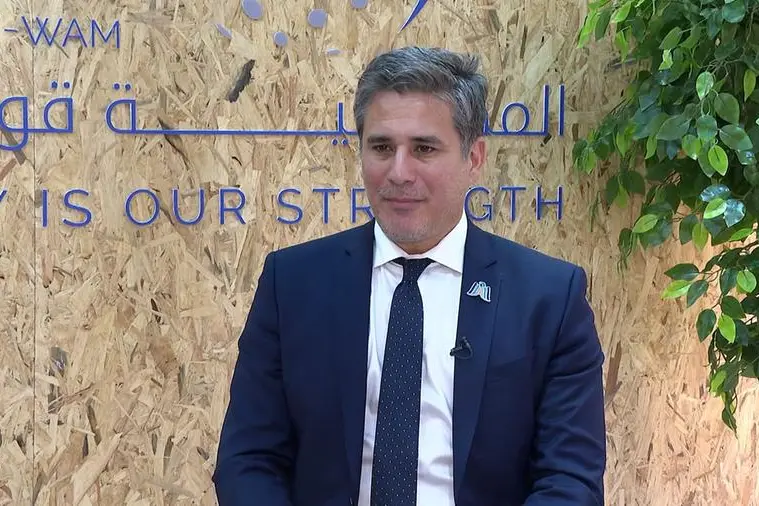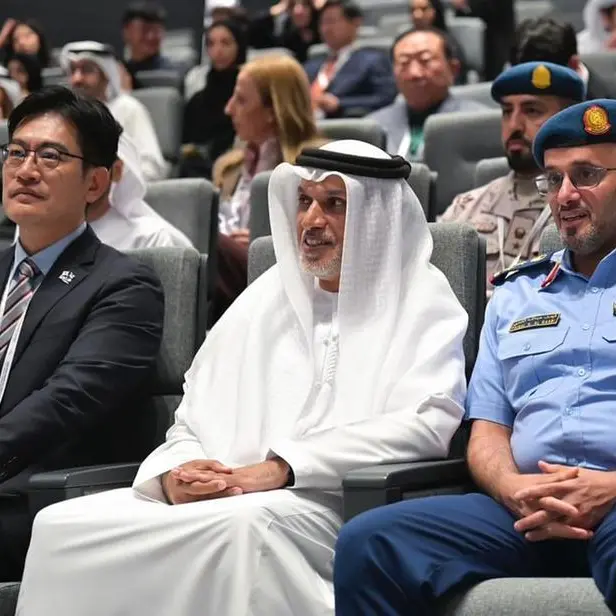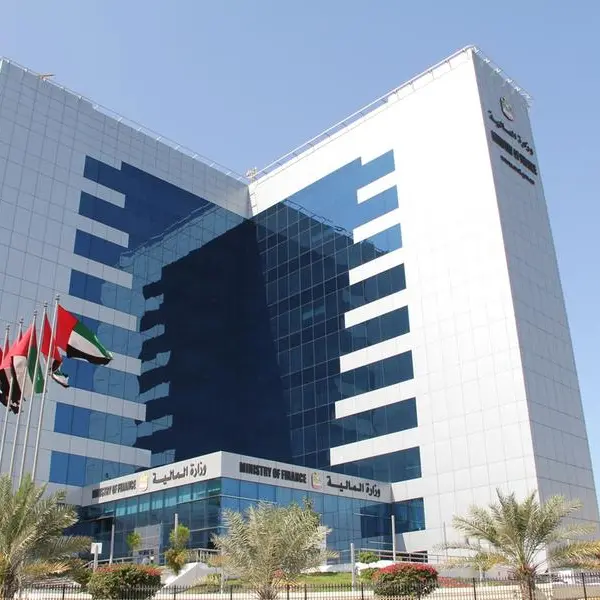PHOTO
The Comprehensive Economic Partnership Agreement (CEPA) with the UAE is a milestone for Costa Rica as it provides an opportunity to expand its footprint in the Middle East, according to Costa Rican Minister of Foreign Trade Manuel Tovar.
In an interview with the Emirates News Agency (WAM), he emphasised that this will be the first-ever such an agreement (free trade agreement) that Costa Rica signs with a Middle Eastern country, highlighting the UAE’s significant role as a global hub of trade and an important player in the region.
The negotiations on Costa Rica-UAE CEPA were concluded in January. The CEPA is expected to eliminate or lower tariffs, reduce trade barriers, encourage private-sector collaboration, and create pathways for investment once implemented.
Bilateral non-oil trade between the UAE and Costa Rica has been growing consistently, with a 23 percent increase in 2022 to reach US$60.4 million. This figure is more than double the amount recorded in 2018.
The Costa Rican trade chief spoke to WAM at the World Trade Organisation’s (WTO) 13th Ministerial Meeting (MC13) in Abu Dhabi last week.
Complementary economies
He commended the complementary nature of the two economies and pointed out the potential areas for collaboration such as food security, renewable energy, and infrastructure projects.
The minister underscored the UAE’s important role as a consumer of food products, suggesting potential for Costa Rica, a significant producer of agricultural products and processed foods.
In addition to the trade of goods, he also pointed to the growing importance of services in the UAE’s increasingly sophisticated economy.
Minister Tovar said the UAE had already expressed interest in investing in Costa Rica, a country heavily reliant on renewable energy sources. “[About] 99 percent of our grid come from renewable sources.”
UAE’s leadership at WTO conference
The Costa Rican trade chief praised the UAE’s successful role as chair of the WTO Ministerial (MC13).
He commended the leadership of Dr. Thani bin Ahmed Al Zeyoudi, UAE Minister of State for Foreign Trade who was MC13 Chair, and expressed gratitude for his efforts in organising the conference.
As an open economy heavily integrated into international trade, Minister Tovar stressed, Costa Rica views the WTO as the cornerstone of its trade policy.
Costa Rica supported the extension of the moratorium on tariffs on e-commerce and the reform of the WTO dispute settlement system, he said.
The trade chief welcomed Comoros and Timor-Leste, two Least Developed Countries, as new members of the WTO.
He also suggested plurilateral negotiations as valuable alternatives when unanimous agreement cannot be achieved at WTO.
The minister emphasised the need for the WTO to be more responsive to the real needs of trade actors.
“To this end, WTO needs to establish a permanent mechanism of dialogue and interaction between its members and stakeholders, such as business organisations, academia and others in the civil society.”
Abu Dhabi Declaration
MC13 concluded on Friday with the acceptance of Abu Dhabi Declaration that reflected consensus on key trade and development policies.
Hosted by the United Arab Emirates Ministry of Economy and the Abu Dhabi Department of Economic Development (ADDED), MC13 took place across five days at the Abu Dhabi National Exhibition Center, beginning on 26th February and concluding at around 2am on 2nd March.
WTO is comprised of 166 Members and is the only multilateral organisation overseeing the rules of trade between nations, dedicated to enabling member states to use trade as a means to raise living standards, create jobs, and improve people’s lives across the world.
Its biennial Ministerial Conference is considered its topmost decision-making forum, bringing together ministers and senior officials from all Members with the aim of reviewing and updating the rules that shape the global trading system.





















